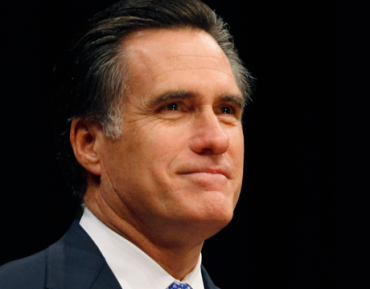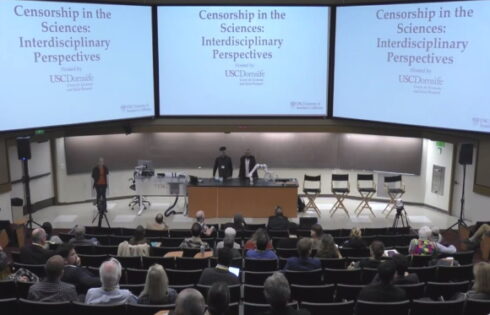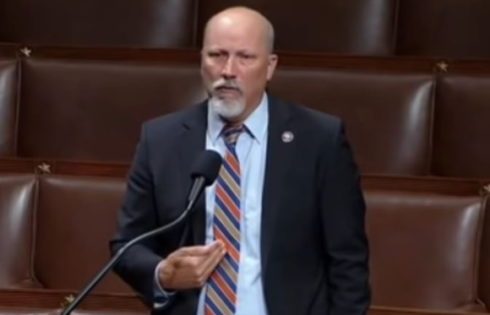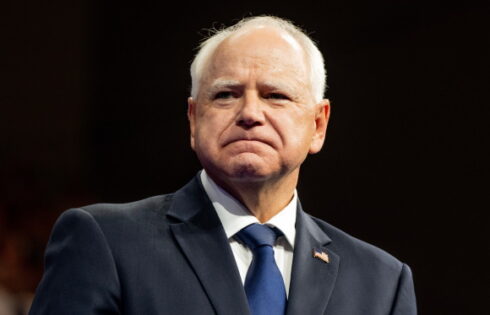
“It is not our job to protect the people from the consequences of their political choices.” Chief Justice Roberts significantly placed this cautionary phrase to the American electorate in his majority opinion yesterday. Hitting the same note, Mitt Romney’s website quickly put up the headline: “Elections have consequences.”
Yesterday’s Supreme Court decision prompted two major reminders for 2012: 1) The sheer magnitude of the election’s importance, and 2) How drastically unprepared Mitt Romney still is to beat Barack Obama on this issue.
Governor Romney, who chose to precede the President’s remarks by about fifteen minutes, was basic, methodical, and detail oriented. With the enthusiasm of a corporate-retreat PowerPoint, Romney laid out, in a set of bare thesis statements, his rebuttal and rejection to Obamacare.
The speech had little to dig one’s teeth into. Even the big, built-up conclusion easily drifted into just the larger, general narrative beaten out ad naseum in the primary cycle. Not only is it alarming that Romney could not shift gears at a moment of this magnitude, but the actual substance of his remarks also came off as if it were an Aaron Sorkin script – just some tired, clichéd conservative toss-away that serves as the “intellectually honest” precursor to a groundbreaking liberal response – not something compellingly presidential: “Help us defeat the liberal agenda that makes government too big, too intrusive, and that’s killing jobs across this great country.”
Granted, all of this is true and has a place in the campaign. In his grasp of the details of the legislation and their practical impacts, Romney is masterful. It is a strength he would be foolish to play down. However, this strength, developed tirelessly in the primary as he drove the distinction between Obamacare and his Massachusetts law, appears to be developing into a very dangerous crutch (no pun intended) come the general election.
Phrases like “big government” or “liberal agenda” – along with an excess of raw data and numbers – are likely to become white noise, quickly digested by news outlets and readily forgotten by many voters, as the election winds along.
As Romney well knows, entitlement programs, once passed, rarely are repealed – or, when they are, it comes at great cost and effort. The likely reasons for this are relatively intuitive: the programs appear to provide a necessary, tangible benefit and the stories of their “success” are easily visible. This is the perennial difficulty for the conservative case, which is often positioned to stress the invisible costs against the visible benefits. It is not tough to see which side of the argument has the tougher job.
And it is clear that President Obama and his campaign staff do not plan on making this case any easier. His website is full of anecdotes, videos and testimonies about how the Affordable Care Act has impacted people’s lives. Even in his speech following the Court decision, Obama invoked the story of a cancer-survivor’s letter that he keeps in his office.
Romney needs the case that his America will both better those individuals and also save the healthcare industry from its burgeoning demise. But, the Romney campaign cannot expect to wipe away their faces from the memory of voters by rallying off a tremendous bounty of fearful statistics (all of which, assuredly, the Obama campaign will be prepared for).
Governor Romney does not need to contort himself into an effusively emotional person. Nevertheless, he needs to at least rise above the spreadsheet-mentality he is so comfortable with.
It is not that Mitt Romney’s vision is without personal stories and examples. He is just failing to tell them.
Where is the campaign advertisement showcasing small-business owners who are going to be forced to drop healthcare-coverage for their lifelong employees because the new cost? Where are the blue collar workers who won’t be able to find work, because hiring now has a new mandated cost to it? Where are the surgeons and pediatricians who can no longer afford to do what they love? Where are the hospitals that are drained of the resources needed to improve care for their patients?
These are the futures of Obamacare that a President Romney could possibly prevent. But as long as he paints his narrative with just the colors of debt, deficits, and projections, he likely will never have that chance.
Like The College Fix on Facebook / Follow us on Twitter





Please join the conversation about our stories on Facebook, Twitter, Instagram, Reddit, MeWe, Rumble, Gab, Minds and Gettr.